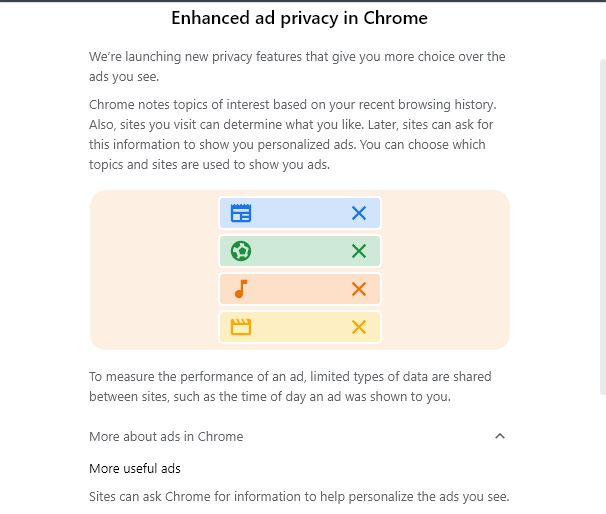Technology
This is the official technology community of Lemmy.ml for all news related to creation and use of technology, and to facilitate civil, meaningful discussion around it.
Ask in DM before posting product reviews or ads. All such posts otherwise are subject to removal.
Rules:
1: All Lemmy rules apply
2: Do not post low effort posts
3: NEVER post naziped*gore stuff
4: Always post article URLs or their archived version URLs as sources, NOT screenshots. Help the blind users.
5: personal rants of Big Tech CEOs like Elon Musk are unwelcome (does not include posts about their companies affecting wide range of people)
6: no advertisement posts unless verified as legitimate and non-exploitative/non-consumerist
7: crypto related posts, unless essential, are disallowed
view the rest of the comments

Which is literally kept alive by Google. They have a monopoly, stop deluding yourself intot hinking there are any good guys (except maybe the Librewolf, Mullvad, and Tor devs)
Librewolf is based on FF, you know right? Mozilla does receive Google funding (that's why their default search engine is Google), but adopting FF and derivatives is also about Chromium not being the single dominant engine: that would only strengthen Google's monopoly.
As long as we don't use Chromium-based browsers (and Google services) we're doing good against Google's monopoly already.
While I agree, most people fail to see the bigger picture. They use Firefox to prevent Chromium from having a monopoly for browser features, but what they fail to see is that in most cases, Google already has full control. If Chromium browsers get a feature, Firefox will inevitably implement it in Gecko and the browser so that users don't say things like "Firefox sucks". Firefox does not suck, Google and their monopolistic practices suck. Now it does provide some practical benefit, for example when Google decides to introduce a more restricted version of a pre existing feature, Firefox can opt to keep on using tje less restricted version as well. The most prominent example of this is the whole Manifest v3 mess. But with something like Web Environment Integrity (or as many, myself included, call it, DRM for the Web), Firefox will inevitably adopt it after Google does, so as to not have users upset and leaving.
I agree with what's gonna happen. At the same time, I guess Mozilla won't make it hard for "Google's web DRM" to be either toggled off via user config, or sandboxed from user data. They have interest in catering to people fed up with Google's constant privacy invasions, so I'm currently waiting to see their next actions with moderate confidence and a healthy dose of skepticism as well.
Yeah, I'd say that's the best stance for anyone to take, as a user